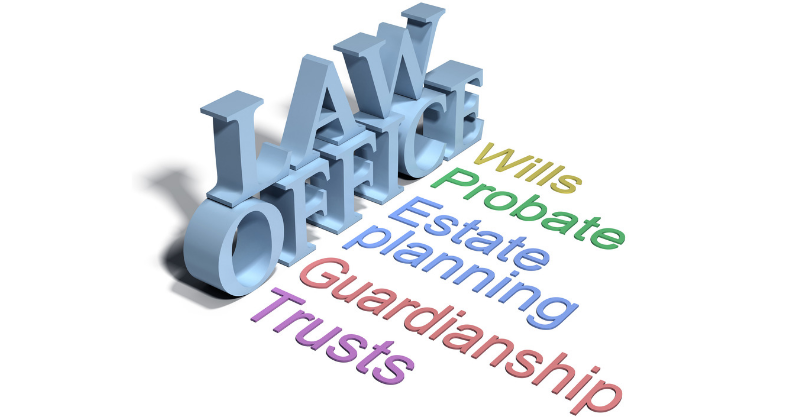
In Illinois, there are two basic categories of guardianship: “person guardianship” and “estate guardianship.” The guardian is responsible for paying bills and managing property and finances. A guardian of the estate is someone appointed by the court to manage the financial affairs of a disabled or mentally incompetent adult. Depending on the circumstances, a ward may need a guardian of his or her person, property, or both. An estate guardian has the responsibility for caring for the incapacitated person’s property and financial affairs.
Guardianship is a legal term that refers to the legal right to make decisions for someone else. In Illinois law, the court appoints a “guardian of the estate” when a disabled person is unable to make or communicate responsible decisions regarding the management of his estate or finances. Under court supervision, the guardian will make decisions about the ward’s funds and the safeguarding of the ward’s income or other assets.
Estate Guardianship may be appropriate for someone in various situations, which could include:
To be qualified as an estate guardian in Illinois, the person must:
Public and private not-for profit agencies in Illinois are eligible to be estate guardians; only agencies providing residential services to disabled persons residing in their facilities cannot serve as guardians.
An estate guardian can make some financial investments for their ward without court approval:
The guardian must have a court order to make other types of investments using estate funds.
An Illinois estate guardian is required to file status reports with the court:
If you have questions about caring for a disabled child, a knowledgeable Lombard or Chicago attorney can help you understand the legal process for estate guardianship cases, represent you in court, suggest alternatives to guardianship, or provide other assistance as you seek to protect you and your family’s legal rights. To set up an initial meeting, call the Estate & Probate Legal Group today at 1-630-800-0112.